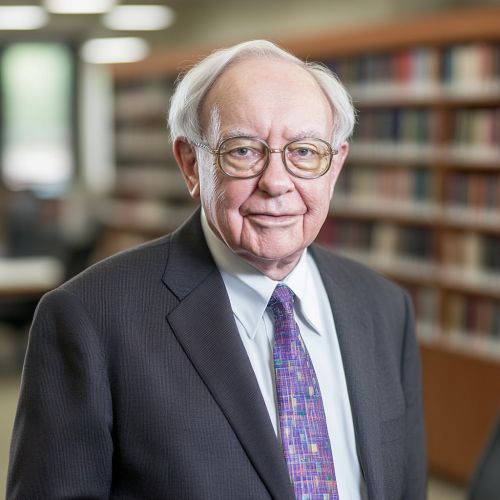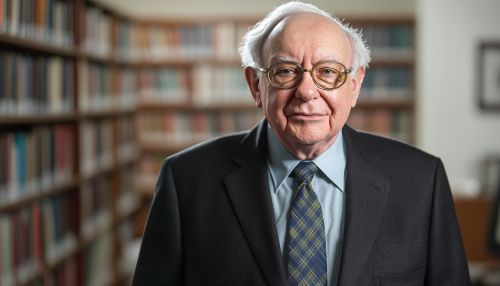Howard Warren Buffett
Early Life and Education
Howard Warren Buffett, born on October 14, 1983, is an American philanthropist, professor, and social entrepreneur. He is the grandson of the renowned investor Warren Buffett and the son of Howard Graham Buffett, a prominent philanthropist and conservationist. Howard Warren Buffett was raised in a family deeply rooted in business and philanthropy, which significantly influenced his career path.
Buffett attended Northwestern University, where he earned a Bachelor of Arts degree in Political Science and Communication Studies. His academic pursuits were marked by a keen interest in the intersection of public policy and social impact. Following his undergraduate studies, he pursued a Master of Public Administration at Columbia University, further honing his expertise in public management and policy analysis.
Career in Philanthropy
Howard Warren Buffett has dedicated much of his career to philanthropy, focusing on initiatives that address global challenges such as food security, poverty alleviation, and conflict resolution. He has worked extensively with the Howard G. Buffett Foundation, a private charitable foundation established by his father, which aims to improve the quality of life for marginalized communities worldwide.
Buffett's philanthropic work is characterized by a strategic approach that emphasizes measurable outcomes and sustainable impact. He has been involved in numerous projects that leverage innovative solutions to address complex social issues. His work often involves collaboration with governments, non-profit organizations, and private sector partners to maximize the effectiveness of philanthropic interventions.
Academic and Professional Contributions
In addition to his philanthropic endeavors, Howard Warren Buffett has made significant contributions to academia and professional practice. He serves as an adjunct professor at Columbia University's School of International and Public Affairs, where he teaches courses on social value investing and public-private partnerships. His academic work focuses on the development of frameworks that integrate social, environmental, and economic considerations into investment decisions.
Buffett is also the co-author of the book "Social Value Investing: A Management Framework for Effective Partnerships," which outlines a comprehensive approach to creating value through cross-sector collaboration. The book draws on case studies and research to provide insights into how organizations can work together to achieve shared goals.
Social Entrepreneurship
As a social entrepreneur, Howard Warren Buffett has been involved in several ventures that aim to drive positive social change. He is the co-founder of i(x) investments, a firm that invests in companies addressing critical global challenges such as climate change and sustainable development. The firm operates under the principle that financial returns and social impact are not mutually exclusive but can be mutually reinforcing.
Buffett's approach to social entrepreneurship is informed by his belief in the power of innovation and entrepreneurship to solve pressing societal problems. He advocates for the integration of social impact considerations into business models, arguing that this approach can lead to more resilient and sustainable enterprises.
Personal Philosophy and Influence
Howard Warren Buffett's personal philosophy is deeply influenced by his family's legacy of philanthropy and ethical business practices. He is a proponent of impact investing, a strategy that seeks to generate positive social and environmental outcomes alongside financial returns. Buffett believes that aligning investment strategies with social objectives can drive systemic change and contribute to a more equitable and sustainable world.
His work is also guided by a commitment to transparency and accountability in philanthropy. Buffett emphasizes the importance of data-driven decision-making and rigorous evaluation in assessing the effectiveness of philanthropic initiatives. He advocates for a results-oriented approach that prioritizes tangible outcomes and long-term impact.
Image Placeholder


